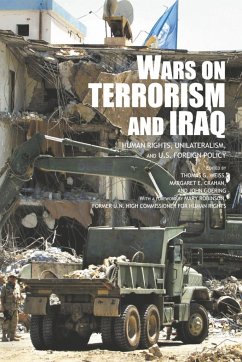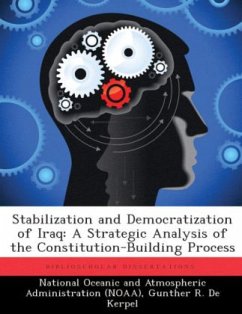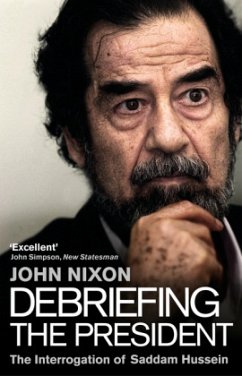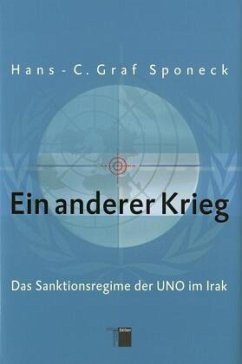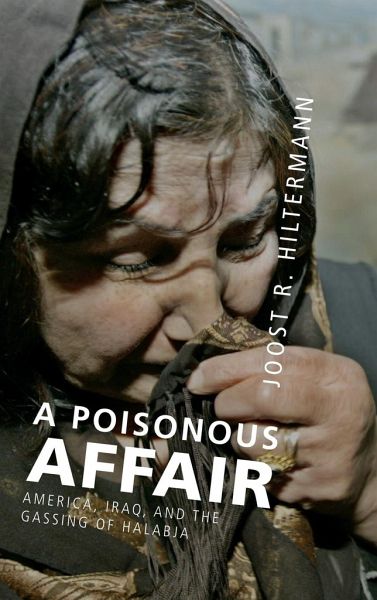
A Poisonous Affair
America, Iraq, and the Gassing of Halabja

PAYBACK Punkte
46 °P sammeln!
In March 1988, during the Iran-Iraq war, thousands were killed in a chemical attack in a remote town in Iraqi Kurdistan. In the aftermath of the horror, confusion reigned over who had carried it out, each side accusing the other in the ongoing bloodbath of the Iran-Iraq war. As the fog lifted, the responsibility of Saddam Hussein's regime was revealed, and with it the tacit support of Iraq's western allies. This book by a veteran observer of human rights in the Middle East tells the story of the gassing of Halabja. It shows how Iraq was able to develop ever-more sophisticated chemical weapons ...
In March 1988, during the Iran-Iraq war, thousands were killed in a chemical attack in a remote town in Iraqi Kurdistan. In the aftermath of the horror, confusion reigned over who had carried it out, each side accusing the other in the ongoing bloodbath of the Iran-Iraq war. As the fog lifted, the responsibility of Saddam Hussein's regime was revealed, and with it the tacit support of Iraq's western allies. This book by a veteran observer of human rights in the Middle East tells the story of the gassing of Halabja. It shows how Iraq was able to develop ever-more sophisticated chemical weapons and target Iranian soldiers and Kurdish villagers as America looked the other way. Today, as Iraq disintegrates and the Middle East sinks further into turmoil, these policies are coming back to haunt America and the West.





